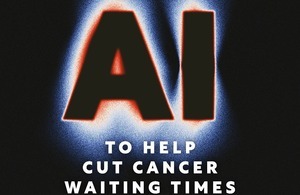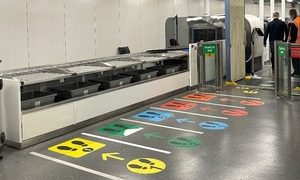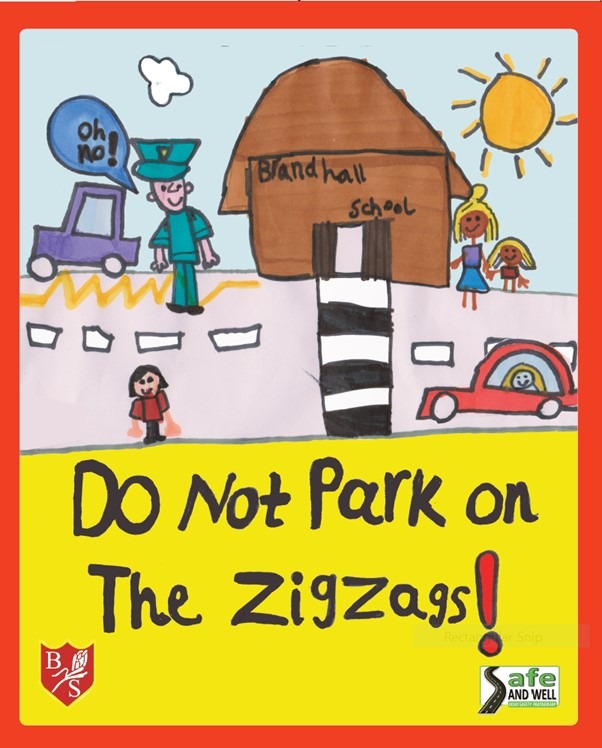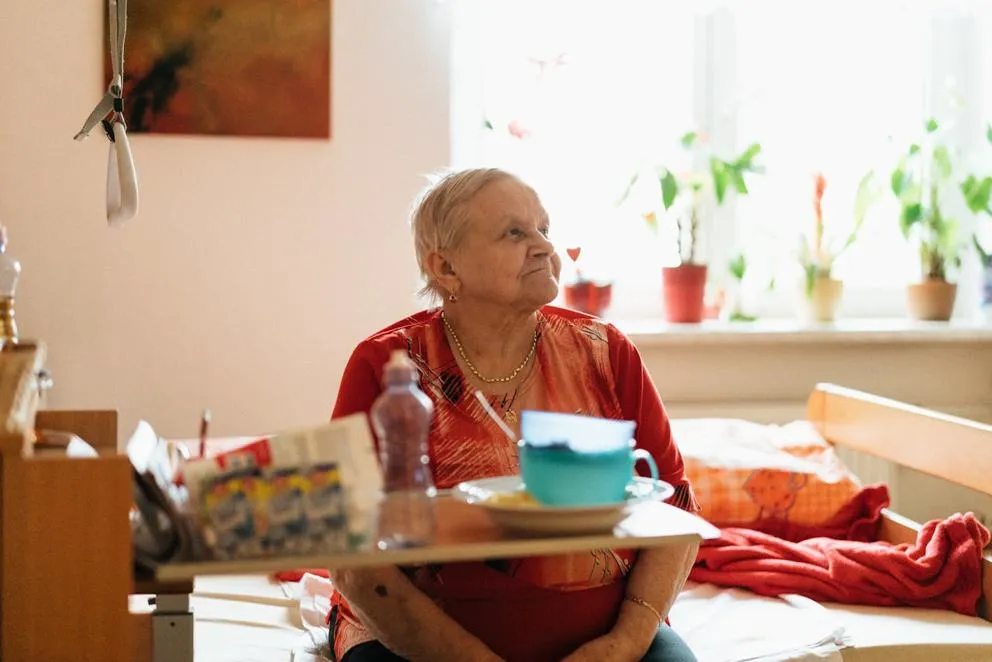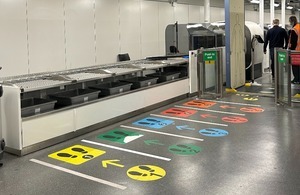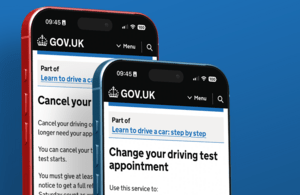Cancer waiting times are set to fall thanks to new AI technology that locates cancer cells 2.5 times quicker than doctors alone.
Game-changing AI will start being rolled out to every NHS radiotherapy department in England in a matter of weeks – backed by £15.5 million in new Government funding.
It works by automatically reviewing a CT or MRI scan, helping doctors quickly distinguish between cancerous cells and healthy organs and to prevent healthy organs from being damaged during radiation treatment.
Trained health workers will of course review any report before administering any treatment – helping tens of thousands of cancer patients each year get faster treatment.
The UK is at the forefront of embracing and embedding AI into the healthcare system, and with it already being used in 90% of stroke units in England – which is speeding up diagnosis and treatment.
Today’s announcement is another major step to help cut NHS waiting lists, relieve pressure on hospitals, free up staff time, and support people in care settings to live more independently.
This comes as the Prime Minister speaks at the AI Seoul Summit today [Tuesday 21 May] – building on the global momentum that Bletchley kickstarted, it will look at ways to harness the potential of AI to help humanity and advance global cooperation on AI safety. The two-day summit will look focus on three key themes: innovation, safety, and inclusivity.
The Bletchley Summit – which took place last November – was the first time ever that nations, AI firms, academia, and civil society came together to consider the risks of AI and tackle them together.
It resulted in the historic Bletchley Declaration, which was signed by 27 countries and the EU. This committed the signatories to take a global approach to a global issue – highlighting the reality that risks arising from AI have no borders. The AI Seoul Summit continues to harness this ‘Bletchley Effect’ to take further collaborative international action on AI safety, ensuring the enormous benefits of the most powerful models are realised.
Prime Minister, Rishi Sunak, said:
Thanks to Bletchley we have created a legacy of international collaboration which means we are matching the pace of the technology.
AI-powered medical advances – like in radiotherapy – are evidence of this and we must take advantage of them.
That’s why we are pumping £15.5 million into the NHS so it can be rolled out across England – to help cut waiting lists and make the UK the number one place for AI innovation.
This announcement runs alongside a series of cross-government measures – announced this week – which are encouraging innovation and harnessing the potential of AI. This includes:
-
Finalists of this year’s Manchester Prize: a DSIT competition with an annual £1 million prize pot dedicated to AI for public good innovations. Announced today, it will support projects in energy, environment and infrastructure, with each of the 10 teams receiving £100,000.
-
An AI tool that will help work coaches support people back to work: From the autumn, an aid to free up work coaches to spend more time focusing on claimants’ job needs to help them into work quicker is set to rollout across all jobcentres.
Health and Social Care Secretary Victoria Atkins said:
This is an exciting breakthrough in our work to improve cancer diagnosis and treatment, and AI is helping to make our healthcare system faster, simpler and fairer.
Thanks to such innovation, as well as our measures to help people quit smoking, and our work to grow the number of doctors in clinical oncology and radiology by a quarter since 2019, I’m pleased to say survival rates across almost all types of cancer are improving.
Technology Secretary Michelle Donelan said:
When the Prime Minster and I hosted the world’s first AI Safety Summit at Bletchley Park last year, we put safely harnessing AI right at the top of the global agenda.
We knew that this rapidly evolving technology had the potential to not only improve lives, but save them too. AI is already transforming the world for the better, from cutting NHS waiting times and speeding up diagnoses to tackling issues like climate change through initiatives like the Manchester Prize.
I’m in the Republic of Korea at this week’s AI Seoul Summit to discuss how the UK is leading the charge when it comes to utilising AI to help humanity and driving forward the global momentum I kickstarted at Bletchley on safely realising the transformative benefits of AI.
Dr Imogen Locke, national speciality adviser for radiotherapy at NHS England said:
The NHS is embracing AI and its benefits for cancer patients and every radiotherapy department will soon be able to offer the latest technology to help diagnose and treat patients more quickly. We are seeing a record number of referrals for suspected cancer, and game-changing tools like AI will help the NHS continue the significant progress made in tackling the longest waits for patients.


